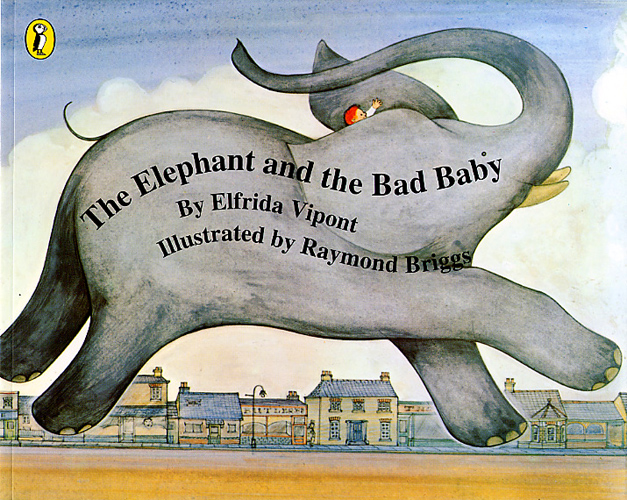The future
we want for our children is not going to be created through the politics of the
past. When everything has changed so much, and the threats we face as a society
and a planet are so deep and complex, we need a new kind of political life.
From
Obama’s first election, to the Arab Spring, from Spain to Greece, from Scotland
to the Green surge, and now Corbynism – politics is increasingly defined by
waves of energy that swell up – seemingly from nowhere – and coalesce around
people, parties and decisions.
These waves
are not, sadly, the monopoly of those who believe in a better world. The future
can also be more brutish and authoritarian, if we let it.
But by
being open to doing politics differently, we can ensure the future is about
change made by and for people, in places and ways that make sense for them.
Of course,
we need an effective state to intervene on many issues such as the regulation
of global financial markets. But more than anything, the politics of the future
must be about the creation of platforms, spaces and spheres in which people can
collectively change the world – from workplace democracy and self-management,
to civic engagement and generating our own community renewable energy.
But these
efforts will be fatally undermined if the neoliberal deregulating zeal of the
Tories remains the dominant force in British politics.
Slashing
public services; stamping out trade union rights; and environmental vandalism
on an epic scale – ripping up energy efficiency measures, privatising the Green
Investment Bank, and taking a wrecking ball to what was once our thriving solar
industry.
Conference,
we say enough. We are working for something better.
And
Conference, being in a position to actually deliver that vision of something
better is what, I believe, makes it so imperative that we see a realignment of
progressive votes to maximise electoral impact.
Finding and
cooperating with others with whom we share a belief in a much more equal,
democratic and sustainable world.
Of course
we will have differences. But we also know that no one individual, no one party,
has a monopoly on wisdom. Cancelling out each other's votes is bad enough, but
fighting in essentially the same terrain for the same issues and fundamentally
the same belief set is madness, when it simply lets the Tories in.
We share a
commitment to a much more equal, democratic and sustainable world. It is
beholden on us to find a way to make the desirable feasible. In a world as
complex and rich as ours, we need an equally complex and rich political
response. To create a different mood, culture and sentiment to our national
politics – one where we see that our differences can become a source, not of
division, but of strength.
Conference,
the truth is, we need a progressive Labour Party – if that's what Jeremy Corbyn
transforms it to be – to do well. Because, like you and me, it’s part of the
movement for change.
Progressives
are spread about the political battlefield – often more intent on fighting each
other – and not the real enemy. But things are changing fast. Old tribal
loyalties, that are blind to the good in others, are dying away. We can – we
must – respond to that change.
Preamble
The election of Jeremy Corbyn as leader of the Labour Party
has struck a blow at the prevailing neo-liberal orthodoxy. Whilst welcoming
this we call for a fundamental change in the political system through a
Constitutional Convention and instruct GPEX to take a lead in encouraging other
progressive parties to achieve this.
Motion:
Conference:
1.
Congratulates Jeremy Corbyn on his election as
leader of the Labour Party.
2.
Welcomes the support this represents for many of
the progressive policies of the Green Party.
3.
Looks for a more constructive relationship with
the Labour Party in future.
4.
Calls on GPEX to approach other progressive
parties to agree on a Constitutional Convention, which will examine and agree
proposals for change at local, regional and national levels of government
involving all sectors of society.
As
campaigners, grassroots activists, trade unionists and members of social
movements, we believe the overwhelming election of Jeremy Corbyn as Labour
Party leader presents a great opportunity. Jeremy has campaigned tirelessly
over decades for social justice, and we share his vision for rebuilding
democracy, respect and community. This election means we can start building a
better country and a better world.
Some
of us are members of the Labour Party and others not. Jeremy’s victory was made
possible by people inside and outside the Labour Party who share a common hope
in the future. There is an alternative. Things can get better.
But
there is a steep road ahead, during which the government and its allies will
attempt to spread fear and division. Parts of the media will attack him because
they do not like his agenda of hope and participation. Many MPs will try to
limit and constrain the process of giving power back to the people. This will
be resisted.
As
Jeremy himself has said, rebuilding this country cannot depend on one person.
It demands that all of us take our share of responsibility. We commit ourselves
to supporting this attempt to rebuild democracy in Britain.
We
call on like-minded people to join us, creating a democratic and diverse
network through action across the country - we will support each other’s
campaigns at a local level as well as support the development of progressive
changes at a parliamentary and legislative level.
Jeremy
Corbyn provides space to once more allow people to make their voices heard. We
must take it.







